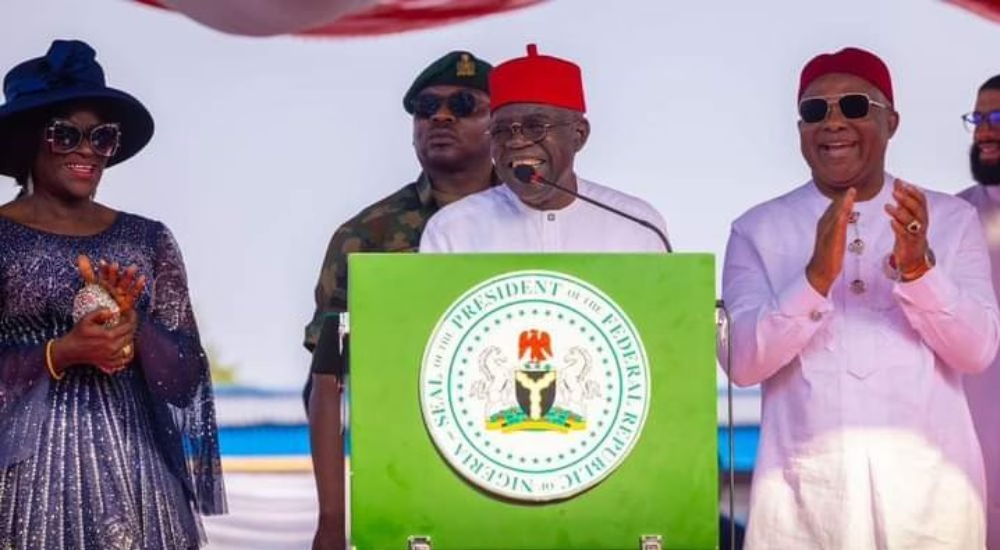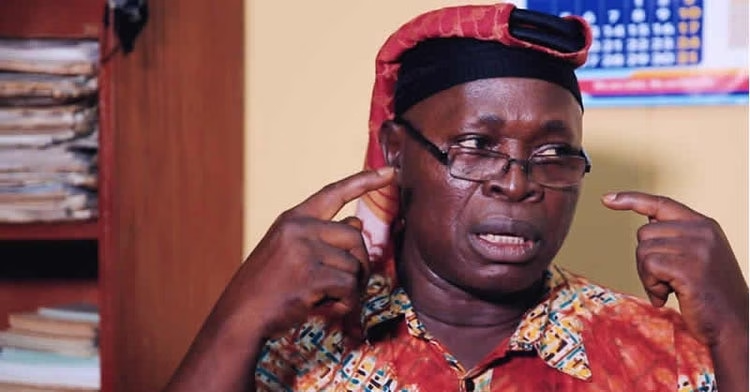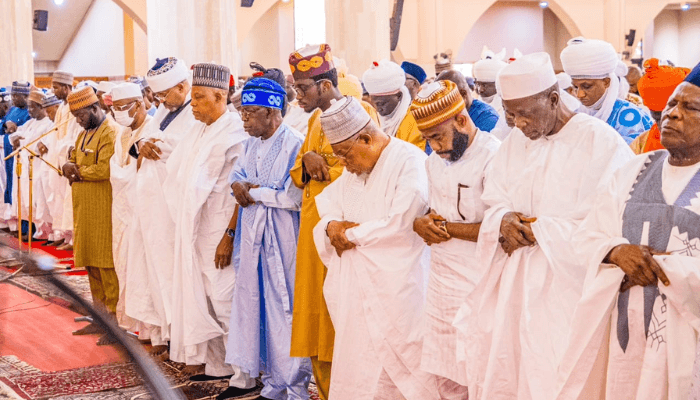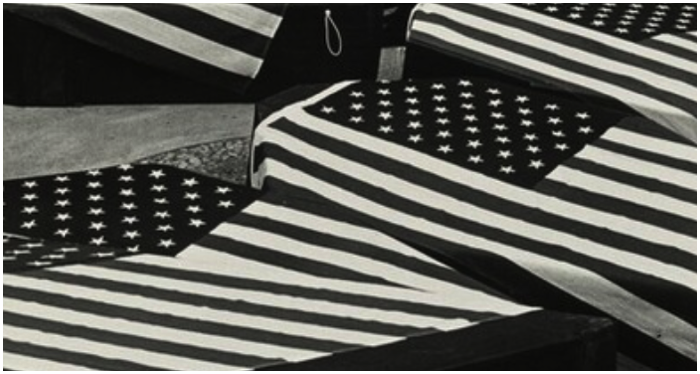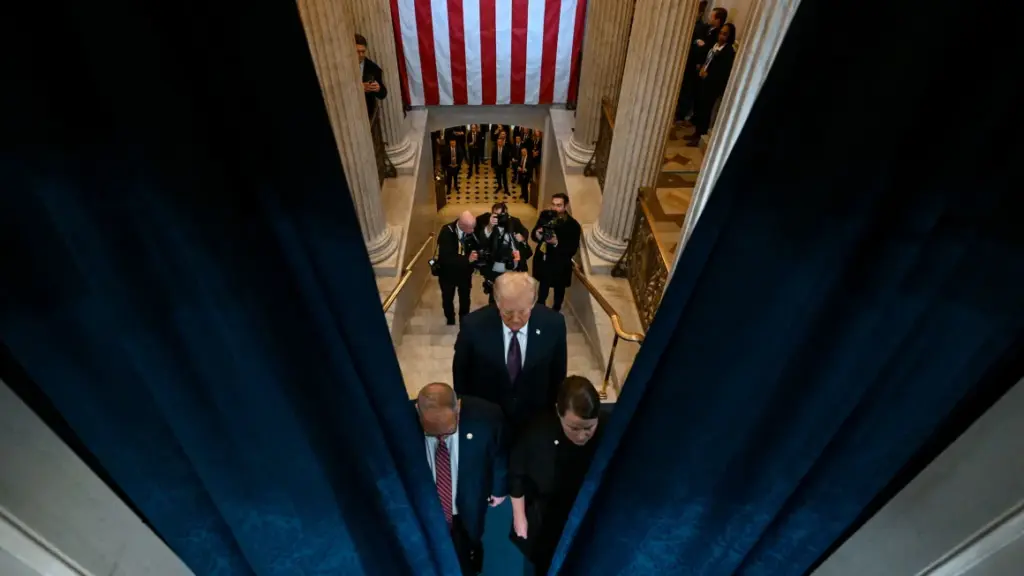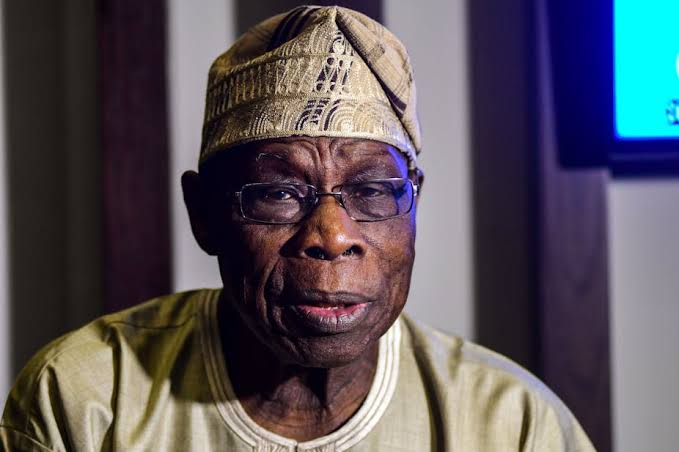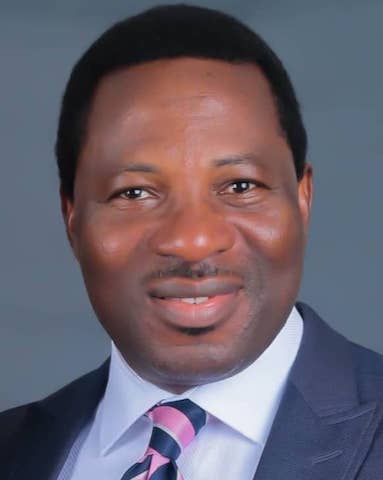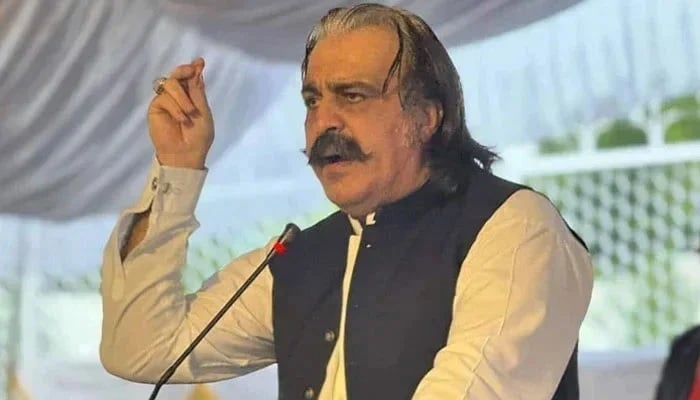U.S. tells world leaders it will emerge stronger after Trump assassination attempt
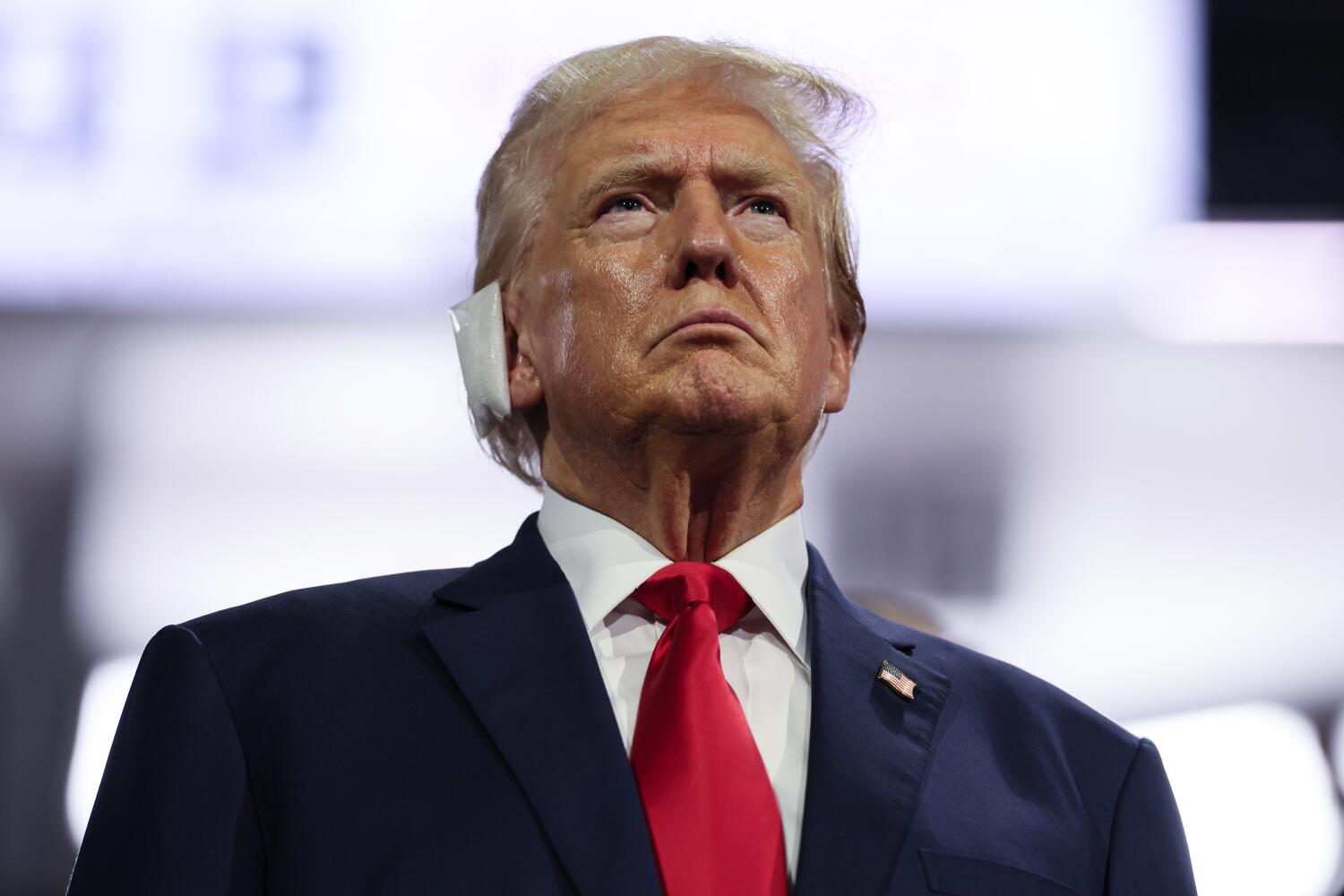
Politics tamfitronics
WASHINGTON —
The Biden administration is putting out messages worldwide to tell friends and foes that the U.S. will emerge stronger from the assassination attempt on presidential candidate Donald Trump.
Hoping to reassure an already nervous world opinion, the State Department is transmitting talking points to its embassies and consulates in scores of countries and, here in Washington, convening senior officials to drill home the same idea: There is no place for political violence in a democratic United States.
Of course, there’s a long history of political violence in the U.S., from murders of sitting presidents to the deadly Jan. 6 attack of the U.S. Capitol by Trump supporters. But U.S. officials are seeking to remind their counterparts that this country always manages, or at least seeks, to overcome it.
Most allies expressed horror at the attack and sympathy for Trump’s recovery.
“We know that people around the world, and governments around the world, have questions,” said State Department spokesman Matthew Miller. “We condemn this attack and all political violence, strongly and unequivocally, just as we condemn political violence in any country.”
He said U.S. diplomats are being instructed “to remind countries that we have faced horrific political violence in this country before … and we have worked through that by returning to our core values as a nation, and that we will do so again today.”
These endeavors, however, have not stopped Russia and other rivals from fomenting conspiracy theories about who was behind the shooting.
The Kremlin suggested that the Biden administration had created the “atmosphere” for the attempt on Trump’s life — a theory repeated by some Republicans.
“The atmosphere that this administration created during the political struggle, the atmosphere around candidate Trump, provoked what America is faced with today,” Kremlin spokesman Dmitry Peskov said.
Miller said Moscow’s comments were “incredibly irresponsible.”
In China, Communist Party-controlled newspapers warned of the possibility of civil war in the United States.
The U.S. political situation already had much of the world on edge.
Many European allies dread the possible return of a Trump presidency, noting his disdain for multilateral partnerships and even NATO, considered the bedrock for the post-World War II global order.
During the annual summit of leaders of the 32 countries in the North American Treaty Organization last week in Washington, many attendees were scrutinizing President Biden to assess his performance amid questions over his physical and mental fitness.
After the assassination attempt, some diplomats from those same countries expressed anxiety that the shooting, which injured Trump’s ear, would seal his victory.
Other leaders, such as Russian President Vladimir Putin, would welcome a Trump return.
In his first presidency, Trump showed deference to Putin and has criticized U.S. aid to Ukraine in its war with Moscow.
More to Read
Discover more from Tamfis Nigeria Lmited
Subscribe to get the latest posts sent to your email.



 Hot Deals
Hot Deals Shopfinish
Shopfinish Shop
Shop Appliances
Appliances Babies & Kids
Babies & Kids Best Selling
Best Selling Books
Books Consumer Electronics
Consumer Electronics Furniture
Furniture Home & Kitchen
Home & Kitchen Jewelry
Jewelry Luxury & Beauty
Luxury & Beauty Shoes
Shoes Training & Certifications
Training & Certifications Wears & Clothings
Wears & Clothings





